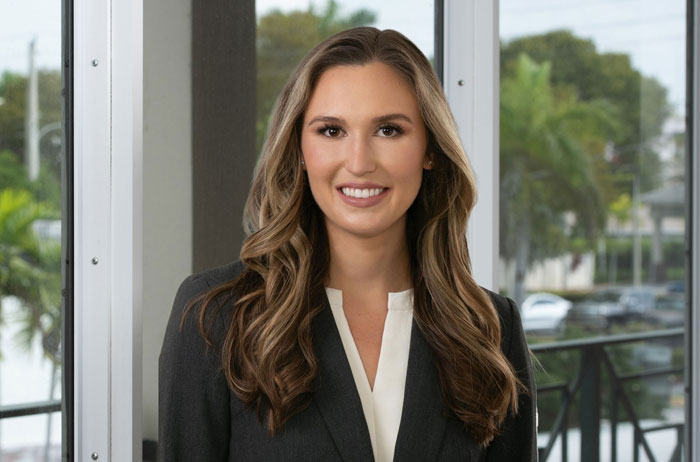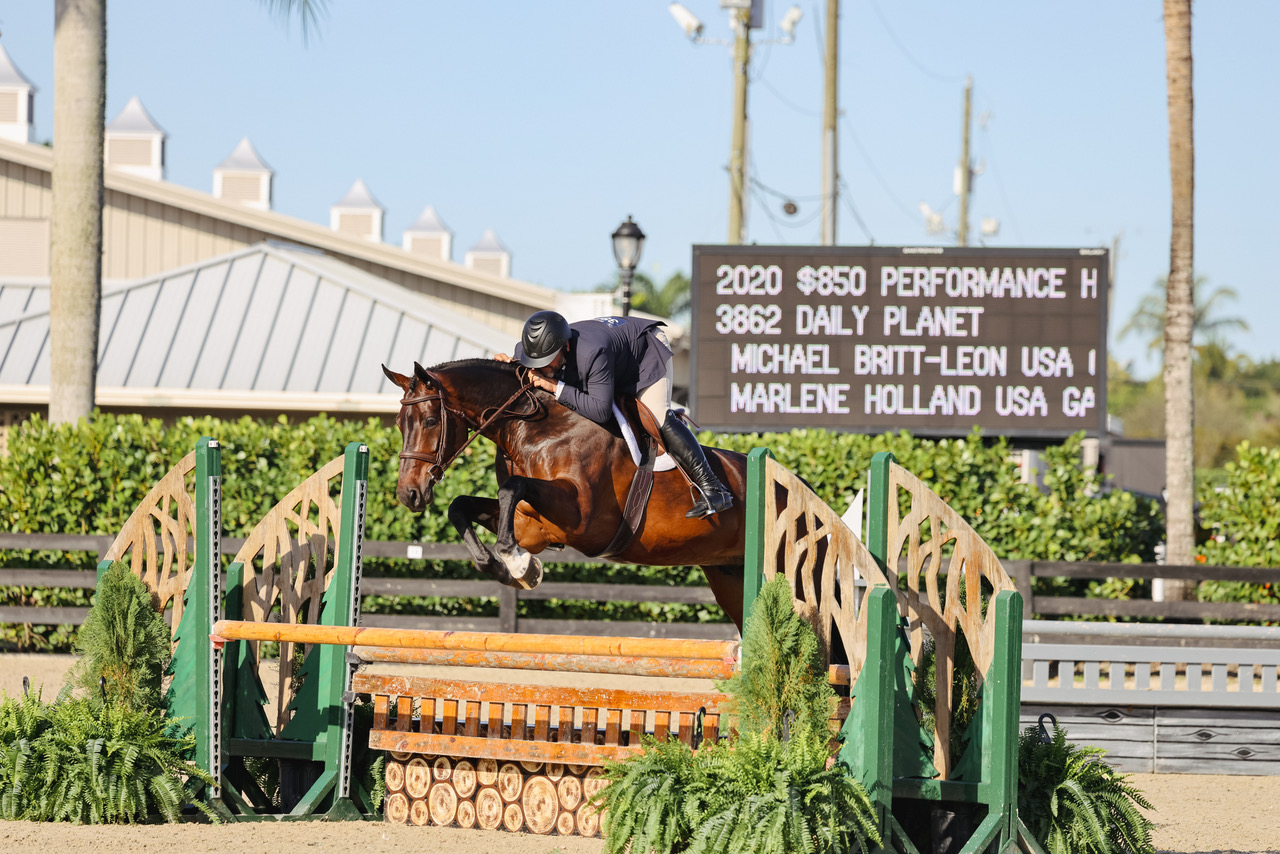As the costs of purchasing and keeping horses continue to rise, so too are the number of lawsuits related to horse sale disputes. For far too many buyers and sellers, what should be an exciting experience has become an expensive and time-consuming conflict. Whether you are buying or selling, be mindful of the practices detailed below to minimize your legal risks from an unsuccessful sale.
Buyer Beware
Whether you are purchasing your heart horse or an investment prospect – for most horse people, few things are more exciting than purchasing a new horse. And while horse shopping can be fun and exciting, buying a horse can quickly become financially risky and emotionally challenging. To set yourself up for success you should implement these strategies for every potential horse purchase.
- Get a Pre-Purchase Veterinary Exam: Consider obtaining a pre-purchase veterinary exam performed by a vet you trust. When setting up the pre-purchase examination, talk to your vet about the level of detail you expect the pre-purchase examination to cover. Determine what x-rays you want to be taken and ask the seller for any past x-rays they may have so that your vet can do a comparison. A drug test, and review of the results, should be a part of every pre-purchase examination. Pre-purchase examinations can have a lot of variability and can easily become a costly expense, depending on the level of detail of the evaluation and imaging. Get specific with your vet about exactly what you need from the pre-purchase examination to feel confident with the purchase.
- Request the Horse’s Past Veterinary Records: Ask the owner to provide the horse’s previous veterinary records so that you can get a better idea of what condition the horse is in and what maintenance may be required to keep the horse in the same condition.
- Obtain a Second Opinion: Try to take an experienced horse professional with you when looking at a horse. An objective horse professional can tell you if the horse you are looking at is a good fit. Keep in mind that many horse trainers make a commission as a percentage of the sale. Before you start looking at, or trying a horse, have an open and honest conversation with your trainer about your budget, priorities and any commission.
- Take a Break: After looking at a horse, try to look at other horses or take a short break from shopping altogether to give yourself time to reflect on whether a particular horse is right for you. If the seller consents, videotape the horse and watch the video a few days after you visit the horse. Doing so will allow you to look at the horse again, without time constraints or pressure from the seller.
- Use a Contract: Ensure that you have a sale contract that is an accurate, written record of how the horse is being represented. Many times, if a contract exists, a court cannot consider representations that were communicated but not recorded in the contract.
If You are the Seller:
With equine sale litigation becoming more common, many sellers are left wondering if it is “cheaper to keep them”. To avoid any post-sale woes, buyers should follow these three rules:
- Use a Bill of Sale: Regardless of the purchase price, all horses sold in Florida are required to have a bill of sale in compliance with Fla. Admin. Code Rule 5H-26.0004. Sellers who fail to use a compliant bill of sale can face serious consequences. Even if not required in your state, it is always a good idea to have a written sales contract, signed by both parties, stating the rights and duties of the buyer and seller. The contract allows the parties to have a written record of the horse that was agreed upon.
- Disclose Your Veterinarian: Even if not asked, tell the buyer what veterinary clinic you use for your horse or stables so that the buyer can select a different veterinary clinic if the buyer desires.
- Provide Veterinary Records: Even if not asked, before the bill of sale is signed, provide a copy of the horse’s veterinary records to the prospective buyer. Veterinary offices can easily send over a set of records and by providing a complete set of records you are making it much harder for a buyer to claim that they did not know of a condition or that they would not have purchased the horse had they known of a past veterinary treatment.
- Avoid Relying on “As Is” Clauses: While it is great that sellers are trying to be careful about representations they are making about the horse, an “as is” clause can easily be defeated and is not a solution to not disclosing certain conditions of the horse.
- Disclose Commissions: Ensure you include in the bill of sale what agents are involved in the transaction and what commissions each agent will receive.
Both buyers and sellers should thoughtfully consider the tips above to set themselves up for success with buying and selling. Horse trainers and owners should take the time to implement these practices. If not, that quick sale might turn out to be not so quick in the end.
Happy trails and happy sales!
Kimbrell J. Hines is an active equestrian and equine law attorney with Segal McCambridge’s Equine Practice Group. Segal McCambridge’s equine practice group has extensive knowledge of the nuances of the legal and business challenges that horse owners and enthusiasts experience in the equine industry. Our attorneys have experience representing clients in matters including injuries to horses and riders, sale and purchase contracts, leases and boarding agreements, USEF & FEI compliance and responses, and claims concerning professionals providing equine-related services.
For inquiries: equine-law@smsm.com or 312.645.8473
This article is provided as a guide for educational purposes only. It is not intended to serve as legal advice and should not be used as a substitute for consultation with an attorney.






